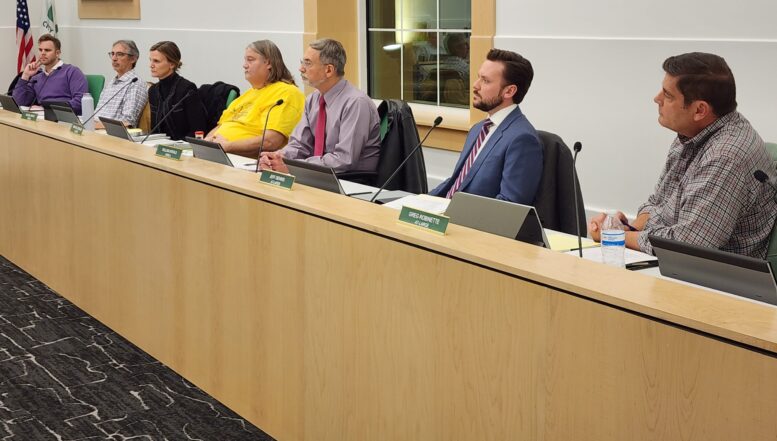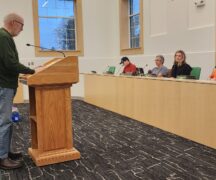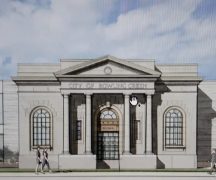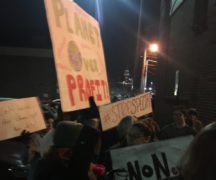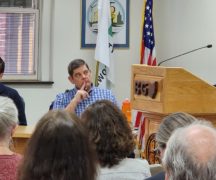By JAN LARSON McLAUGHLIN
BG Independent News
Americans don’t need to sacrifice a strong economy for a healthy environment – or vice versa, according to local advocates of a national carbon fee and dividend policy.
Bowling Green City Council heard the second reading Monday evening of a resolution introduced by council member Bill Herald and created through work with local climate change experts.
The legislation calls for national leaders to consider a fee on carbon emissions, with the fees being turned into dividends for U.S. citizens, as part of a nationwide solution to detrimental climate changes.
When the resolution was introduced earlier this month, Herald said the proposal allows local communities to voice their concerns to state and national leaders. It is an effort to find comprehensive solutions through bipartisan support, he said.
Craig Zirbel, of Bowling Green, said the consequences of more carbon or less carbon have been proven through science. He noted the efforts to reduce carbon by use of solar panels, wind generation, electric vehicles and manufacturing methods that cut carbon production.
The U.S. does not have a technology or engineering problem, Zirbel said. “It’s a policy problem.”
Some industries are not decreasing the use of fossil fuels, despite the proven harmful impact on the environment, he said.
To Zirbel, that’s “a big subsidy to industry.”
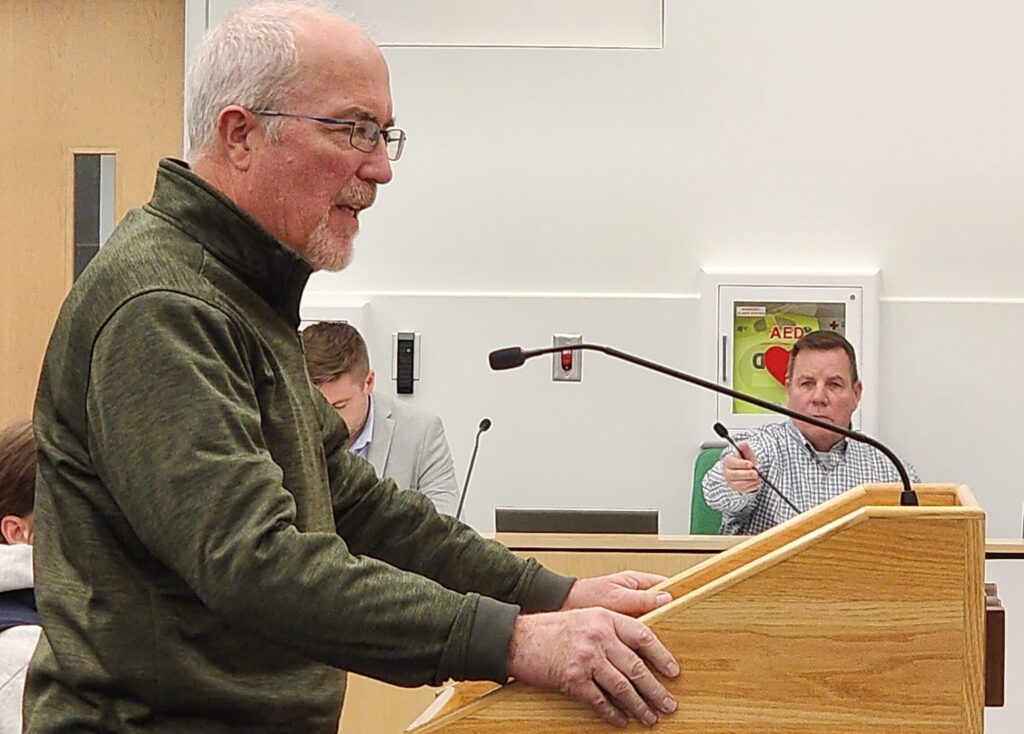
But Marc Schaller, of Bowling Green, offered a different perspective. As someone who has spent much of his professional life working in agriculture, Schaller spoke of the importance of carbon dioxide to the growing of crops.
He noted the explosion in crop production in the U.S. after the use of automobiles became so commonplace. Schaller said that carbon dioxide is critical to the life cycle of any plants.
Charlotte Reith, of Bowling Green, said the economy and environment don’t have to be at odds. A carbon fee and dividend program would mean a transition to new technologies, like wind and solar energy which have become much less expensive in recent years, she said.
“This does not mean shutting down industry,” Reith said. But it does mean working on “responsible and sustainable” solutions.
Bob Clark-Phelps of Perrysburg, who is part of the Citizens Climate Lobby, stressed earlier this month how important it is for communities to weigh in on this issue to let state and national leaders know it matters at the grassroots level.
“What’s at stake is the stability of our ecosystem,” Clark-Phelps said.
“You are the voice of residents of Bowling Green,” he said to City Council. “Please safeguard the quality of life for residents of Bowling Green.”
He pointed out Bowling Green’s ongoing efforts to use renewable energy sources and adopt sustainability policies.
“Take the next step and urge Congress to do the same,” Clark-Phelps said.
In addition to carbon reduction being a wise climate strategy, Travis Chapin of Bowling Green, suggested another reason for City Council to endorse a fee and dividend resolution.
Chapin pointed out that prior to the attack on Pearl Harbor, many Americans embraced isolationism and believed World War II “wasn’t our problem,” he said. But the U.S. military is now spread throughout some areas of the world strictly to protect the fossil fuels the U.S. is dependent on.
The resolution before council states Bowling Green acknowledges that the solution to environmental issues must be multifaceted, involving innovation in scientific, technological, engineering, economic and governmental areas.
As part of the solution, the resolution expresses support for a well-balanced, practical and pragmatic, bi-partisan federal Carbon Fee and Dividend policy as a means to reduce the environmental and human costs of the emissions generated by burning fossil fuels. That policy may result in a fee placed on emissions and a carbon dividend, through which all revenues from the fee (minus fixed administration costs) could be distributed equally to all U.S. citizens on a monthly basis to offset any potential increase in the cost of goods and services resulting from the fee.
A carbon fee and dividend policy would return all revenues as they increase (minus fixed administration costs) to U.S. households as a monthly dividend, to offset expected higher prices for goods and services.
Such a policy would reportedly protect lower and middle-income households, as the dividend would allow an estimated 85% of U.S. households to benefit financially, break even or have only minimal increased costs.

